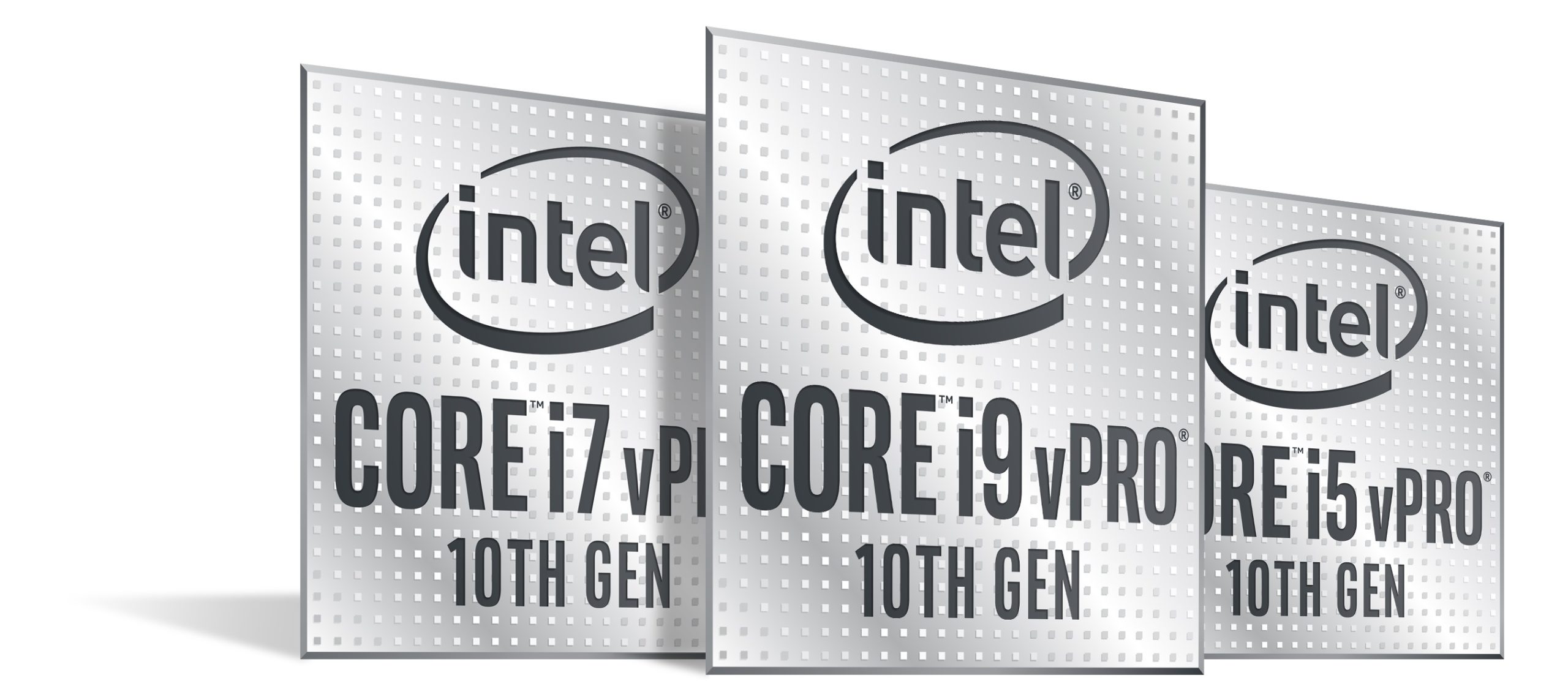 INFRA
INFRA
 INFRA
INFRA
 INFRA
INFRA
Intel Corp. has refreshed its vPro line of central processing units for business laptops, desktops and workstations with new chips that offer better performance as well as built-in threat detection features powered by machine learning.
The chips, unveiled Wednesday afternoon, are all based on Intel’s 14-nanometer Comet Lake architecture. Their debut comes two weeks after Intel unveiled its new flagship processor for consumer desktops.
What sets CPUs in the vPro lineup apart from the chipmaker’s consumer processors is that they support its vPro software bundle. Aimed at enterprises, the bundle includes tools that make it easier to manage large fleets of employee computers and provides security features for fending off cyberthreats.
The refreshed vPro line is headlined by the Xeon W-1200 series, a family of seven chips for powering workstations that need more computing capacity than a normal desktop. At the top of the performance totem poll is the 10-core, 3.7-gigahertz W-1290P. It can temporarily reach speeds of as much as 5.3GHz when running computationally-intensive applications.
Intel is promising up to 11% better performance than previous generation workstation CPUs for “media and entertainment” programs, such as computer-aided design tools used by industrial engineers. The W-1200 also provides up to 9% more speed for physics simulators and other applications commonly used in new product development.
In the desktop CPU category, meanwhile, Intel is adding 11 vPro processors. Core counts range between six and 10, while base speeds range from 2.3GHz on the low end to 3.7GHz on the high end. Lastly, for business laptops, Intel has added nine new CPUs that offer four to eight cores depending on the model with base speeds starting at 1.1GHz and going up to 2.7GHz.
Intel will ship the chips with an enhanced version of the Hardware Shield security technology included in the vPro bundle. Hardware Shield can now lock down sensitive parts of a computer’s memory involved in running the BIOS, the firmware that loads the operating system when a user starts their machine. Intel said that the feature will make it harder for malware to hijack the BIOS in order to access workers’ data.
To help administrators catch such breach attempts faster, the chipmaker has teamed up with Microsoft Corp. to develop machine learning threat detection algorithms that will run directly on vPro chips’ built-in graphics processing units. The processors will also make it easier to recover from malware infections. According Intel, the enhanced Hardware Shield release can roll back a machine’s BIOS to an earlier version if an attacker manages to establish a foothold at the firmware layer.
The vPro line will compete with the seven-nanometer Ryzen Pro 4000 chips for business laptops that Advanced Micro Devices Inc. unveiled last week. Like rival Intel, AMD has introduced security improvements as part of the refresh. A technology called AMD Memory Guard allows Ryzen Pro 4000 chips to encrypt a laptop’s entire memory to ensure that an attacker can’t read the data inside even if they gain physical access to the machine and its memory card.
THANK YOU